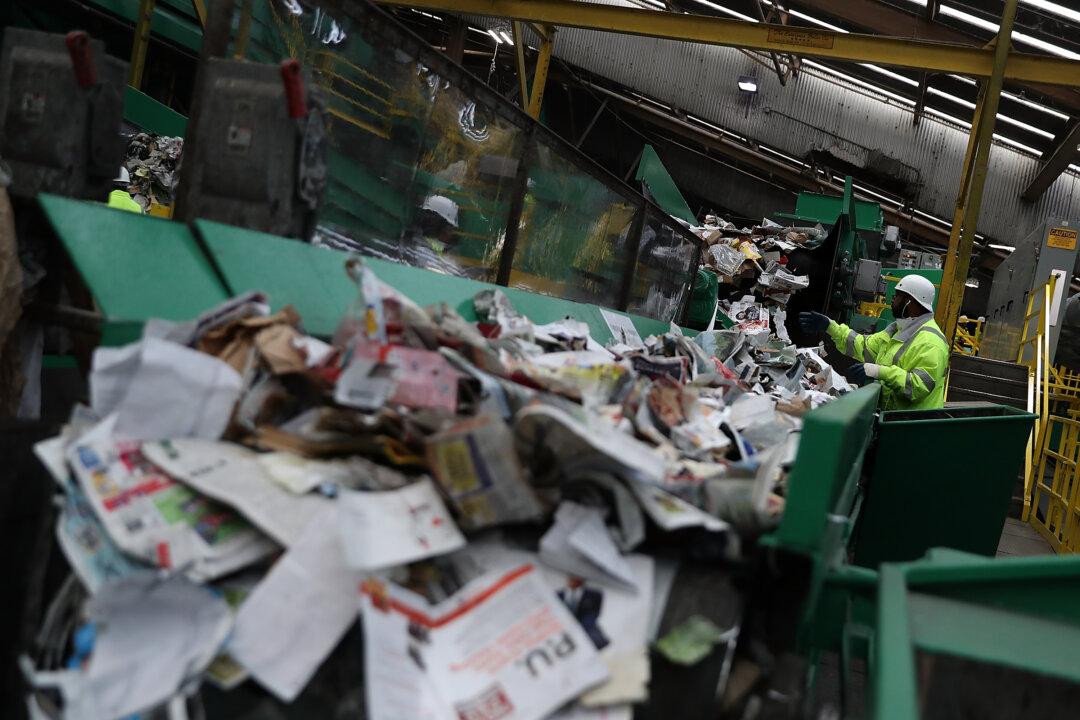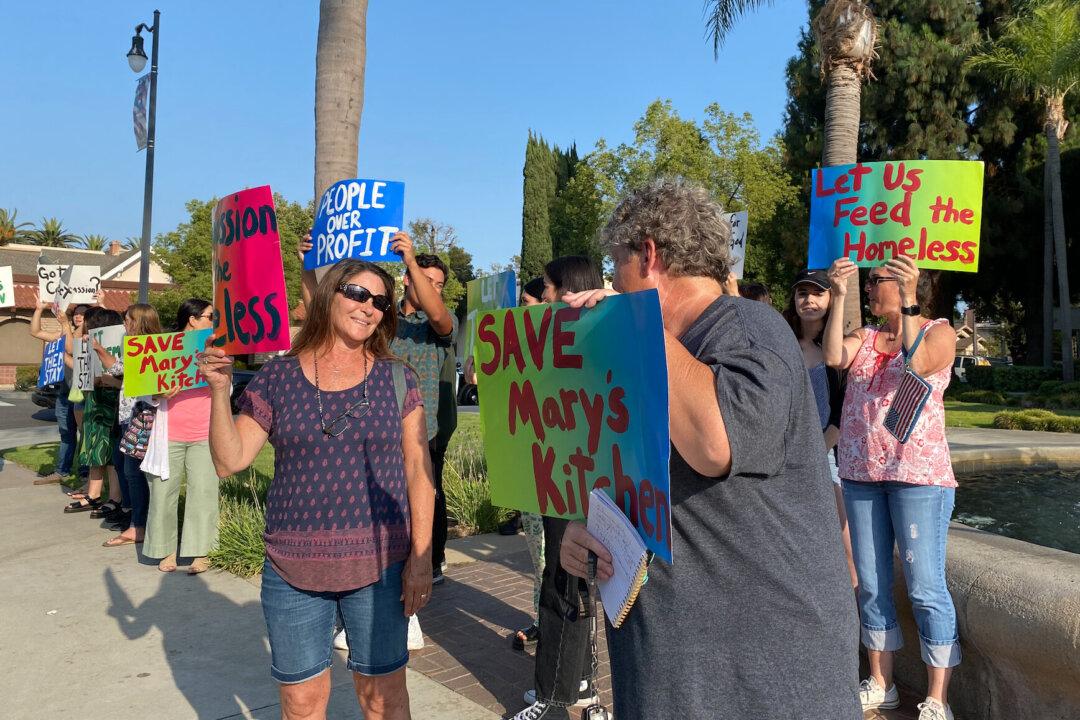According to industry experts, innovative solutions are necessary in order to combat what some commentators are referring to as a major recycling crisis.
“California is at the epicenter of a nation-wide recycling crisis,” Robert Bikel, Professor of Strategy and Director of the Socially, Environmentally & Ethically Responsible (SEER) Program at Pepperdine Graziadio Business School, wrote on Fox&Hounds Daily.





